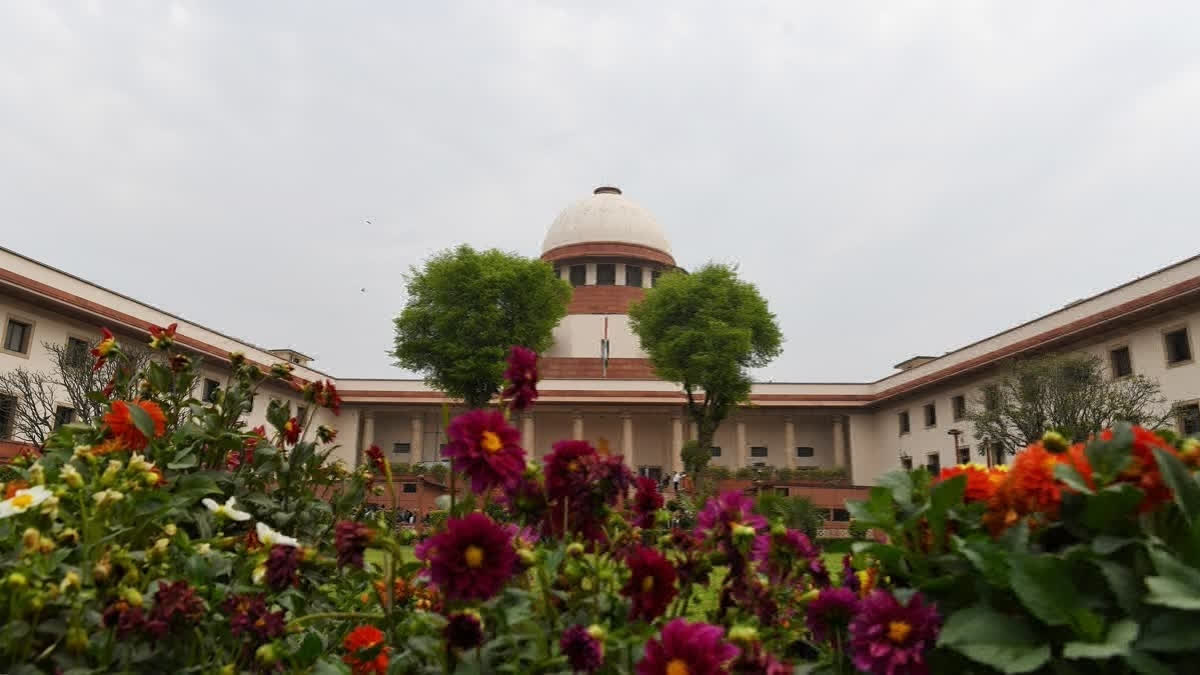New Delhi:The Supreme Court on Tuesday dismissed a plea of former Karnataka chief minister H D Kumaraswamy seeking quashing of the proceedings in a corruption case relating to de-notification of two plots of land. A bench of Justices Dipankar Datta and Rajesh Bindal refused to entertain the plea of Kumaraswamy, now the Union minister, against an October 9, 2020 order of the Karnataka High Court.
The high court had refused to quash the proceedings against him in the matter. Senior advocate Harin Raval and Additional Advocate General Aman Panwar appeared for the state of Karnataka and opposed Kumaraswamy's plea in the apex court. The case relates to a private complaint filed by one M S Mahadeva Swamy before the special judge under the Prevention of Corruption Act in Bengaluru seeking prosecution of Kumaraswamy and others.
The complaint alleged that de-notification of two plots of land in Halagevaderahalli Village, Uttarahalli Hobii, Bengaluru South Taluk, during Kumaraswamy's tenure as chief minister between June 2006 and October 2007, was carried out for pecuniary gains. On January 18, 2021, the top court had issued notice to the complainant and the Karnataka government on Kumaraswamy's plea.
Kumaraswamy's counsel had earlier argued that in view of the amendment made in section 19(1)(b) of the Prevention of Corruption Act in 2018, a sanction was required even though the petitioner was not holding the office at the time when the cognisance was taken. His counsel had submitted that without obtaining the sanction under section 19, no cognisance ought to have been taken and the high court had erred in rejecting the petition filed under section 482 of the Code of Criminal Procedure.
The apex court had issued notice on his plea limited to the question as to whether without sanction, the special judge could have taken cognizance. The high court had said there were sufficient materials to proceed against Kumaraswamy for the alleged offences and in the absence of any material to show that the action initiated against him was an abuse of process of court and had resulted in failure of justice, there was no ground to quash the impugned proceedings.
On the point of a prior sanction, the high court said it had in 2012 passed the order that in the circumstances of the case and having regard to the nature of the allegations levelled against the petitioner, sanction under section 197 CrPC and Section 19 of Prevention of Corruption Act was not necessary.
